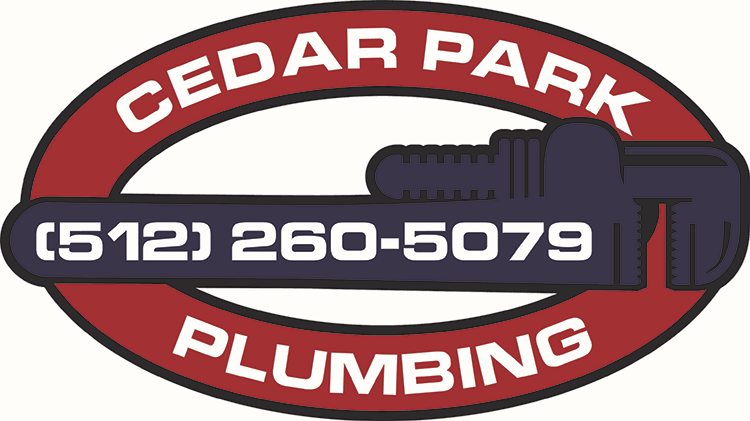Water pressure is an essential aspect of our everyday lives, from taking a shower to washing dishes. However, when water pressure becomes too low or too high, it can be a frustrating problem to deal with. In this blog post, we will explore the common causes of water pressure issues and provide some solutions for troubleshooting and fixing them.
Causes of Low Water Pressure:
Low water pressure can be caused by several factors, including clogged pipes, mineral buildup in the pipes, or a malfunctioning pressure regulator. If you are experiencing low water pressure in your home, it is important to first check for any leaks in your plumbing system. Leaks can significantly reduce water pressure and should be repaired as soon as possible.
Solutions for Low Water Pressure:
If you have ruled out leaks as the cause of low water pressure, the next step is to check for any clogs in your pipes. Mineral buildup or debris can obstruct the flow of water and lead to decreased water pressure. A simple solution is to clean out your faucet aerators or showerheads by soaking them in vinegar overnight to dissolve any buildup.
Causes of High Water Pressure:
High water pressure can also be a problem that needs to be addressed. Excessively high water pressure can damage appliances, fixtures, and even your plumbing system if left unchecked. Common causes of high water pressure include a faulty pressure regulator or thermal expansion within the pipes.
Solutions for High Water Pressure:
To address high water pressure issues, it is recommended to install a pressure regulator on your main water line to regulate the flow of water into your home. This will help prevent damage to appliances and fixtures due to excessive pressure. Additionally, you may want to consider installing an expansion tank if thermal expansion is causing fluctuations in water pressure.
When to Seek Professional Help:
If you have tried troubleshooting low or high water pressure issues on your own but are still experiencing problems, it may be time to seek professional help from a licensed plumber. A plumber will be able to accurately diagnose the cause of the issue and provide recommendations for resolving it efficiently.
Conclusion
Understanding and maintaining proper water pressure in your home is crucial for ensuring that your plumbing system functions properly and efficiently. By identifying common causes of low and high water pressure issues and implementing appropriate solutions, you can enjoy consistent and adequate water flow throughout your home. Remember that if you are unable to resolve these issues on your own, don’t hesitate to contact a professional plumber for assistance.

